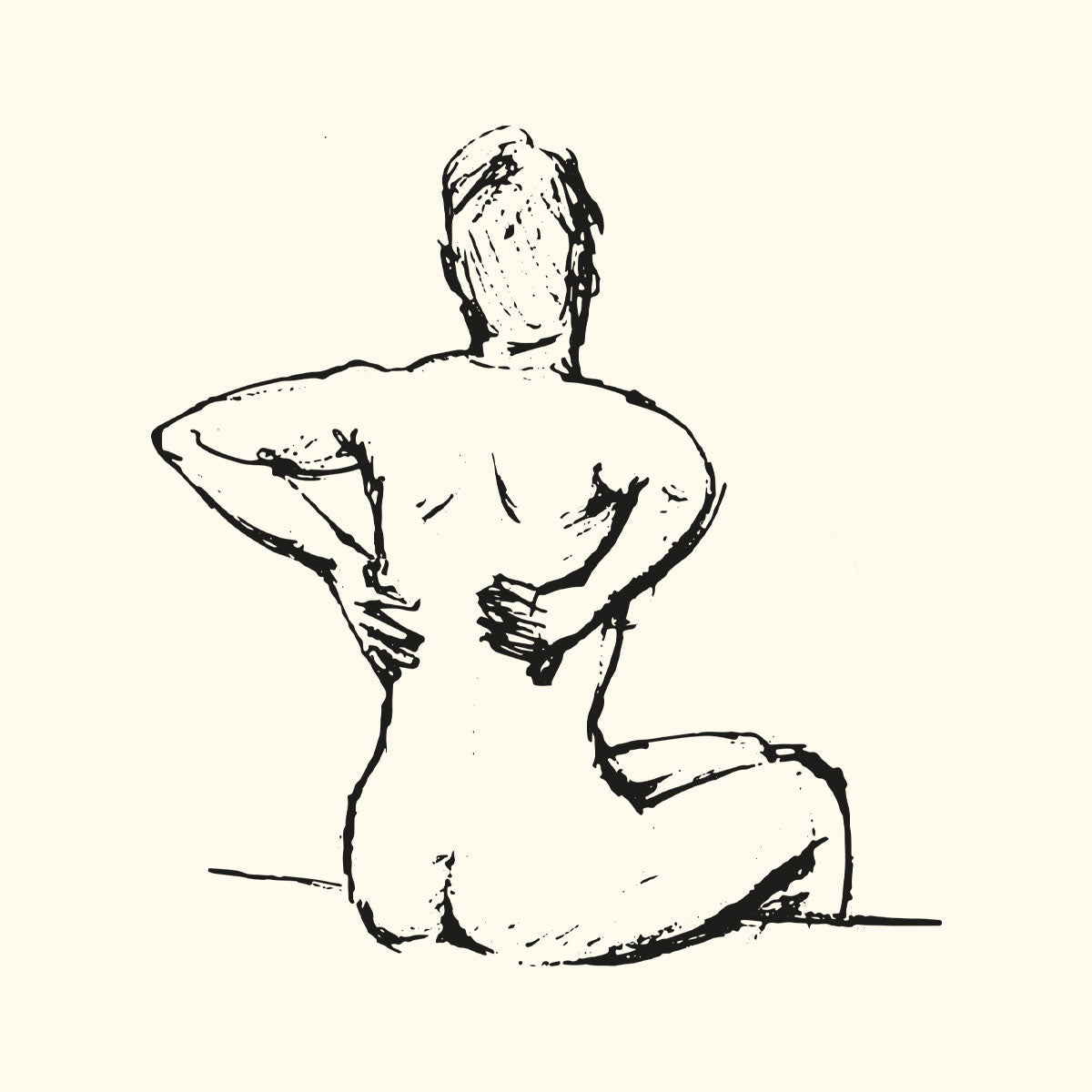Unless you’ve been blessed with brilliant skin genes, you’ve probably experienced a breakout or two in your life. Spots, acne, pimples - whatever you call them - can certainly ruin a day fast. We’ve all been sold promises of miracle acne treatments, whether a home remedy or super expensive product, but what actually works?
CBD oil is one product that has shown a lot of promise as an acne treatment. We’ve done the research to help you learn everything you need to know about CBD oil for acne.
What is CBD?
CBD is a substance that occurs naturally in cannabis plants and is an exciting potential therapeutic. You’re probably most familiar with CBD as an oil, but you can also find CBD lotions, vapes, edible foods and drinks. CBD oil has taken the market by storm, with the compound’s potential health benefits being an especially exciting drawcard.
Research tells us that CBD may be able to help reduce inflammation, improve anxiety and help get a better night’s sleep (1, 2, 3). While a lot of the research into CBD is still in the early stages, it is promising and tells us that CBD holds a lot of potential as a therapeutic tool.
How can CBD help acne?
CBD might be able to help treat your acne by targeting the causes of acne - bacteria and inflammation.
When the pores of your skin get blocked, acne occurs, forming pimples that can be painful, inflamed and embarrassing. Your pores can become blocked due to a build-up of dead skin cells, bacteria or oil.
Current acne treatments focus on killing acne-causing bacteria, removing dead skin cells, drying out and reducing inflammation in already formed pimples and preventing pores from blocking.
While there are shelves and shelves of products dedicated to helping you get rid of your spots, we all know there isn’t a magic cure. What works for some might not work for others. The good news is that there is a new acne-fighting ingredient on the market that could help you to get the skin you’ve always wanted - CBD.
Research on CBD and acne
- One study published in the Journal of Clinical Investigation looked into the effects of CBD on human skin cells and how they produce oil. This is particularly relevant for acne, as an overproduction of oil can lead to pores being blocked and pimples forming. The study applied CBD to human skin cells and found that CBD blocked oil production in the skin cells, reduced the proliferation of skin cells and caused an anti-inflammatory effect (4). These findings suggest that CBD’s anti-proliferative, oil reducing and anti-inflammatory effects could be especially promising as a treatment for acne.
- Bacteria play a big role in acne forming, and research tells us that CBD might be able to help fight off these bacteria. A 2020 study published in the journal Scientific Reports found that CBD was able to help kill Gram-positive bacteria, the type of bacteria that causes acne development. In the study, CBD improved the effect of the antibiotic topical treatment bacitracin, indicating that CBD could help to kill Gram-positive bacteria alongside other treatments (5).
- A typical pimple tends to be red, swollen and sometimes even painful to the touch. Inflammation is responsible for these symptoms, but CBD’s anti-inflammatory properties may be able to help you keep your pimples less swollen and your face looking fresh. A 2020 article published in the journal Clinical Cosmetic and Investigative Dermatology concluded that CBD’s possible anti-inflammatory effect could have a significant effect on the treatment of acne (6).
- As well as possibly keeping acne under control, CBD could help to improve your overall skin appearance, including acne scars. A 2019 study published in the journal Clinical Therapeutics found that topical CBD ointment twice daily for three months resulted in significant improvements in skin hydration, elasticity in patients with various skin conditions and skin scarring (7). This study highlights the exciting potential of topical CBD to help skin conditions and possibly help to reduce one of the symptoms of acne - scarring.
How to use CBD oil for acne
CBD oil can be used in a variety of ways: ingested orally, vaped, or rubbed onto the skin. For the purposes of treating acne, topical application of CBD is likely to be best for direct, targeted treatment.
One thing to keep in mind when applying CBD to the skin is that CBD is hydrophobic, meaning that it can’t dissolve in water. This is a problem for skincare, as skin has a high water content, so CBD can’t travel through it. The good news is that by adding an oil like olive or argan oil to CBD skincare, the oil may act as a carrier and help to transport CBD through the skin (8).
Side effects of CBD
One reason why so many people are flocking to CBD is because of its high safety profile. CBD is largely considered to be safe, with symptoms typically mild like reduced appetite or drowsiness (9).
CBD’s safe reputation seems to extend to its use in skincare. A 2019 study investigating the effects of topical CBD on various skin conditions found that no allergic reactions were experienced by study participants, with the study authors considering it a safe, effective and non-invasive treatment (10).
The bottom line
Bad skin can really get you down, but CBD may be able to offer you some help. CBD’s acne-improving capabilities look to be impressive. Its ability to reduce oil production, reduce inflammation and kill acne-causing bacteria are very promising and hint at the oil’s potential to attack the causes of acne.
If you’re interested in adding CBD to your skincare routine, be sure to look for high-quality products, ideally containing a carrier oil. Your skin is a delicate thing, so be sure to consult your GP or dermatologist if you have questions or concerns about starting CBD oil for acne.
 |
Medically reviewed for KLORIS by Sarah Neidler, PhD |






